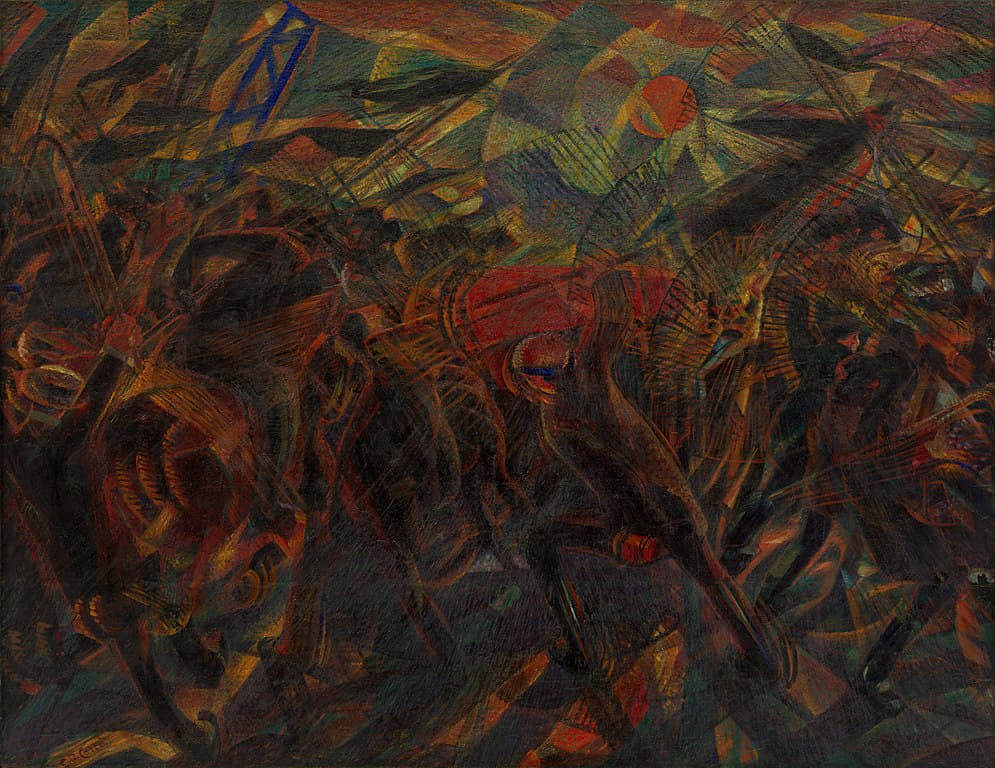Likely for the first time in the history of humanity, a civilization officially has no God; its authorized authorities act in all things as if God did not exist. This civilization is ours, the West, once Christian and now profoundly de-Christianized in record time. Of course, everyone can believe, practice a religion, but faith is now a private matter that is not supposed to encroach on the public sphere.
The alternative is very simple—either God exists or He does not; there is no third position. Officially, as a state institution, we have therefore made a choice: He does not exist. Although our regimes claim to be “neutral” (“secular”) and think they have achieved this neutrality by protecting freedom of religion and worship—within the limits of public order—they are, in fact, atheists. In our historically unprecedented situation, perhaps this is the lesser evil and ultimately the only viable balance that still maintains a certain civil peace.
Rejection of God without Consequences?
That non-believers, who have apparently become the majority, are satisfied with this state of affairs or even defend it, seems normal and natural. On the other hand, it is more surprising on the part of believers—is it not extraordinary that they never question the rejection of God within our overdeveloped societies and its possible consequences? Historically, is there no link between the erasure of God from the city and from consciences, on the one hand, and the slow decline of an apostate Europe, on the other? Is it a mere coincidence that, in this context, criminal materialistic ideologies arise in the West, at the origin of two atrocious world conflicts, a real European collective suicide? Is there also no link between this erasure of God and the exacerbation of a Promethean hubris which claims the autonomy of man, of his all-powerful will unbound by any limit, moral in particular?
In our postmodernity, we benefit from unprecedented living and health conditions, and yet malaise has never been so widespread; many of our contemporaries claim to be less happy than previous generations. Is this crisis not the consequence of the inner emptiness that drives us, of the absence of meaning given to our lives? Certainly, even if the subject is taboo, the main dimension of the crisis we are experiencing is spiritual and has to do with the ignorance of God.
The weakening of Christianity leads to a growing misunderstanding of the Christian universe. The vision of the family and children, the concept of natural moral law have become inaudible to many, often more out of inculture than hostility. During a recent debate between Fabrice Hadjadj and Antoine Bueno on birth control, the latter dared to make this revealing admission: “I understand almost nothing of my opponent’s answer. We don’t speak the same language.” These words are terrible in that they show how the fractures are worsening to the point where we no longer understand each other, so that any minimum common basis for living in society in peace and respect for the other is gradually disappearing.
The Triumph of Manichaeism
And this worrying factor is amplified by the extension of the obligatory thinking that reduces the complexity of the world to a Manichean vision. The subjects on which debate becomes impossible, for which an “official truth” exists, are constantly expanding: abortion, gender, Covid, the Russian-Ukrainian conflict—thus feeding conspiracy fantasies. On these issues, opponents of the dominant doxa are not treated as legitimate challengers, which should be self-evident in a democracy, but as enemies to be eliminated: one does not discuss with such people, one discredits them, one criminalizes them, one excludes them from the perimeter of respectability so that, in the eyes of the media, they no longer exist.
I don’t see how to resolve the fractures mentioned above, symptoms of the “decivilization” and “barbarization” of our societies, without succeeding in re-Christianizing a part of the French. I am intimately convinced that it is the radiance of all the holy souls who sincerely seek God, the prayers that go up to Him untiringly, that prevent the world from completely unraveling—hence the crucial importance of contemplative religious orders.
In the Bible, indifference to God is common; and even when God became incarnate in His Son, how many listened to Him and believed in Him? In the Old Testament, the chosen people often denied God; we are analogously in a comparable situation. I am not saying that our misfortunes are a divine punishment, I am saying that the rupture with the supernatural order has also broken the harmony of the natural order, which thus goes adrift: the flouted natural laws are enough to make us lose our footing according to the normal course of things. And in the Bible, each time, the only remedy was to return to the God of the Covenant. Perhaps we Christians should take the Bible a little more seriously.
Christophe Geffroy publishes the journal La Nef, through whose kind courtesy we are publishing this article.
Featured: “Funeral of the Anarchist Galli,” by Carlo Carrà; painted in 1911.
